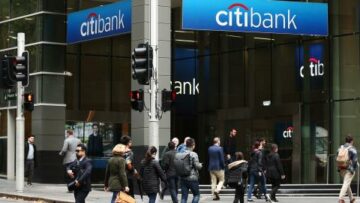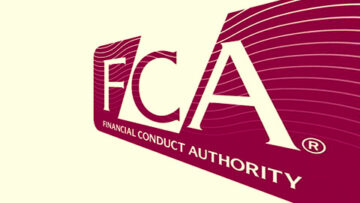
Monzo and Starling are among the lowest scoring firms for reimbursing victims of authorised push payment fraud, according to 2022 data published by the Payment Systems Regulator.
The two challenger banks, which pride themselves on their customer service operations, were found wanting when compared to their larger rivals in reimbursing customers who were tricked by fraudsters into making payments to accounts outside of their control.
According to the data, TSB topped the charts, refunding 91% of the total value of APP fraud losses reported to the firm in 2022. It also clinched the top spot in reimbursements by volume, fully refunding 94% of claims and partially returning four percent.
In contrast, Monzo and Starling reimbursed just 22% and 37% of the value of APP scams reported by victims. In term of volume, Monzo was the lowest ranked provider, full reimbursing just six percent of claims and partially reimbusing two percent. Starling performed marginally better in this regard, fully refunding 44% of cases and partially returning six percent of lost payments.
The two challengers fared little better in keeping scam volumes at bay, coming first and second in the rankings for how many APP fraud payments were sent per million transactions. In value terms, Starling kept the total losses per each million pound of transactions down to just £112, while Monzo was in the upper reaches with more than double that amount lost.
The latest fraud report by UK Finance showed that over £152 million was returned in total by the banking sector to APP fraud victims in the first half of this year.
Responding to the new figures from the PSR, UK Finance takes aim at the social media and telecommunications platform which facilitate this type of fraud.
“What today’s data from the PSR does not show is where fraud starts,” states the industry forum. “Our data shows that 94 per cent of authorised fraud starts online or over the phone, through social media, fake messages and more. But the technology and telecommunications sectors bear no responsibility for reimbursing victims, which means there is little commercial incentive for them to truly tackle the enormous threat that continues to proliferate on their platforms and networks. We need these sectors to do more with us to protect consumers by preventing these awful crimes from happening in the first place.”
- SEO Powered Content & PR Distribution. Get Amplified Today.
- PlatoData.Network Vertical Generative Ai. Empower Yourself. Access Here.
- PlatoAiStream. Web3 Intelligence. Knowledge Amplified. Access Here.
- PlatoESG. Carbon, CleanTech, Energy, Environment, Solar, Waste Management. Access Here.
- PlatoHealth. Biotech and Clinical Trials Intelligence. Access Here.
- Source: https://www.finextra.com/newsarticle/43208/monzo-and-starling-among-worst-performers-for-app-fraud-reimbursements?utm_medium=rssfinextra&utm_source=finextrafeed
- :is
- :not
- :where
- 2022
- According
- Accounts
- aim
- also
- among
- amount
- and
- app
- ARE
- At
- authorised
- Banking
- banking sector
- Banks
- Bay
- Bear
- Better
- but
- by
- cases
- cent
- challenger
- Challenger Banks
- Charts
- claims
- coming
- commercial
- compared
- Consumers
- continues
- contrast
- control
- Crimes
- customer
- Customer Service
- Customers
- data
- do
- does
- double
- down
- each
- enormous
- Ether (ETH)
- facilitate
- fake
- Figures
- finance
- Finextra
- Firm
- firms
- First
- For
- Forum
- found
- four
- fraud
- fraudsters
- from
- full
- fully
- Half
- Happening
- How
- HTTPS
- in
- Incentive
- industry
- into
- IT
- jpg
- just
- keeping
- kept
- larger
- latest
- little
- losses
- lost
- lowest
- Making
- many
- means
- Media
- messages
- million
- Monzo
- more
- Need
- networks
- New
- no
- of
- on
- online
- Operations
- or
- our
- outside
- over
- payment
- Payment Systems
- payments
- per
- percent
- performed
- performers
- phone
- Place
- platform
- Platforms
- plato
- Plato Data Intelligence
- PlatoData
- pound
- preventing
- pride
- protect
- provider
- PSR
- published
- Push
- ranked
- Reaches
- regard
- regulator
- report
- Reported
- responsibility
- returning
- rivals
- Scam
- scams
- scoring
- Second
- sector
- Sectors
- sent
- service
- show
- showed
- Shows
- SIX
- Social
- social media
- Spot
- starts
- States
- Systems
- tackle
- takes
- Technology
- telecommunications
- term
- terms
- than
- that
- The
- their
- Them
- themselves
- There.
- These
- this
- this year
- threat
- Through
- to
- today’s
- top
- topped
- Total
- Transactions
- truly
- TSB
- two
- type
- Uk
- us
- value
- victims
- volume
- volumes
- wanting
- was
- we
- were
- when
- which
- while
- WHO
- with
- Worst
- year
- zephyrnet











